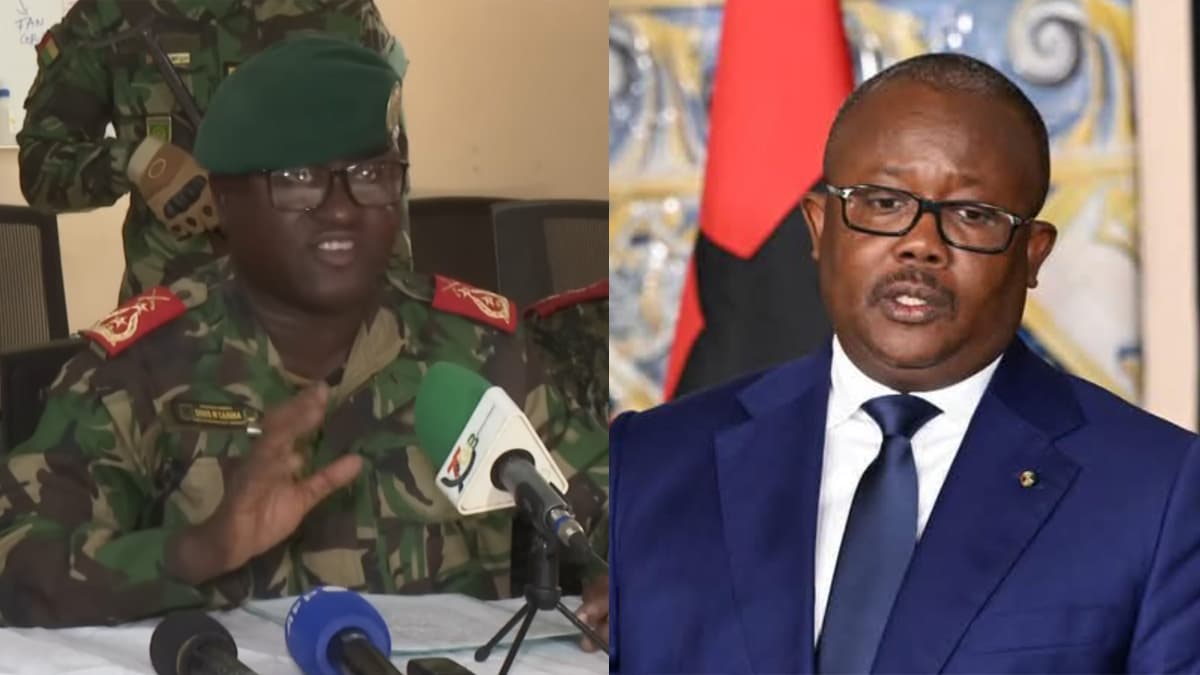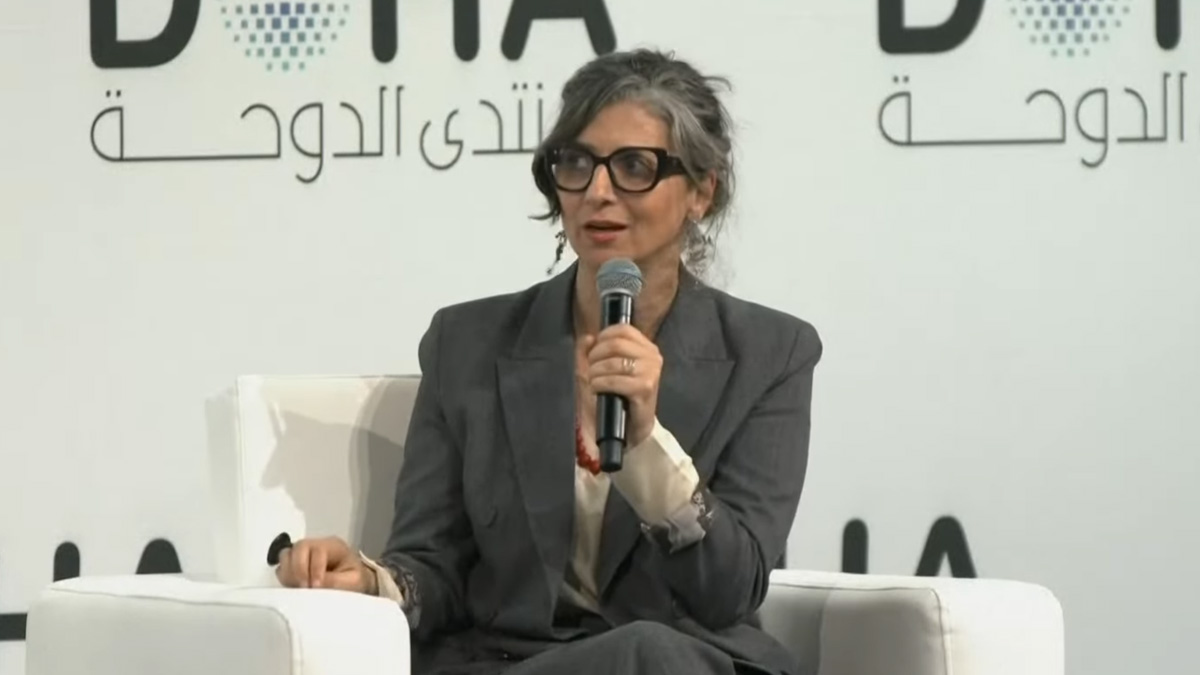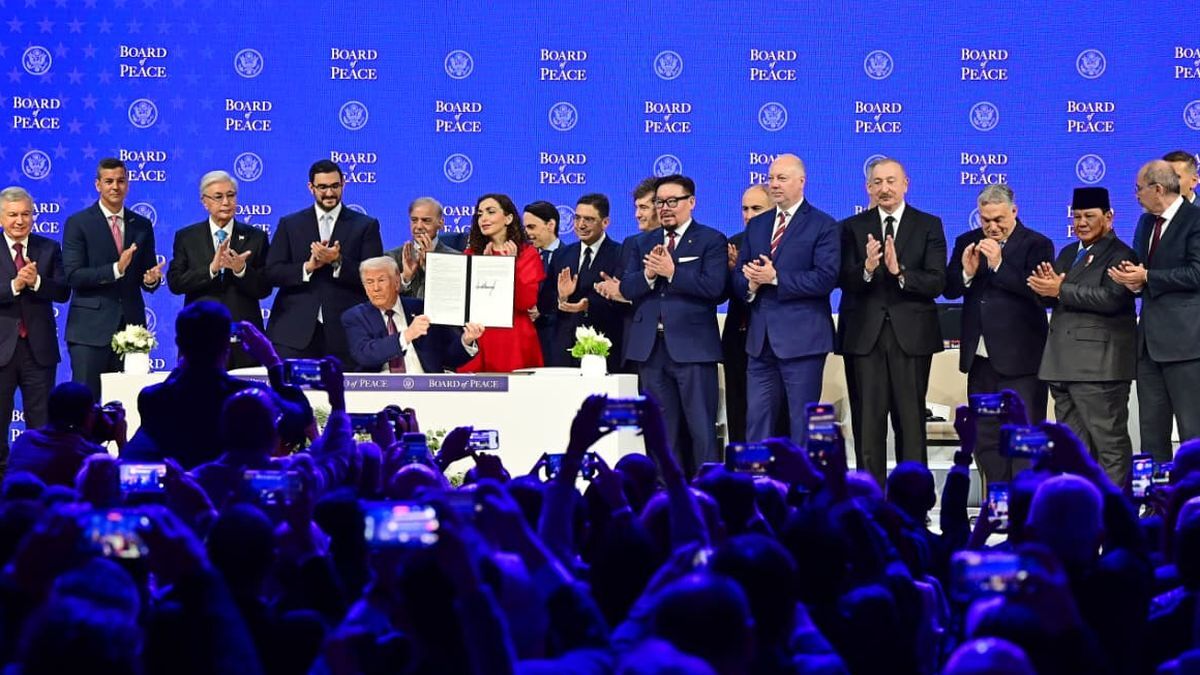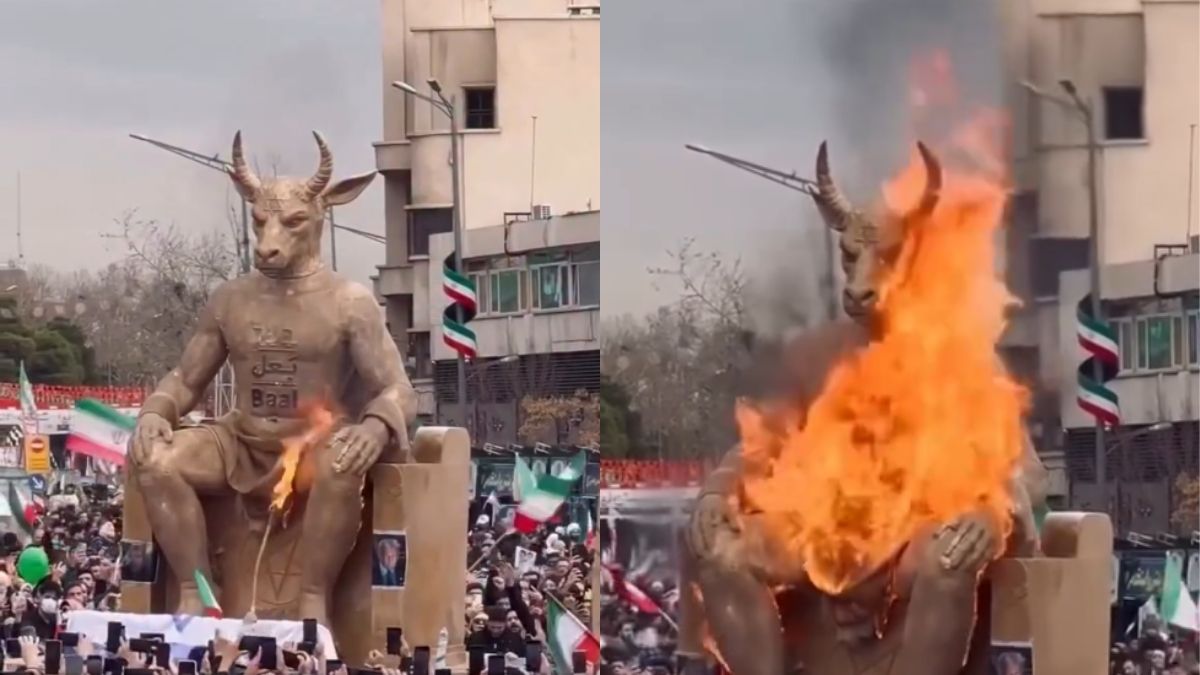Guinea-Bissau military declares takeover, suspends election after disputed vote
Army officers in Guinea-Bissau have seized power, suspended the electoral process, and deposed President Umaro Sissoco Embalo following gunfire in the capital and competing election victory claims.

- Military officers in Guinea-Bissau have declared a coup, deposing President Umaro Sissoco Embalo and suspending the electoral process.
- The seizure of power follows a disputed election and gunfire in the capital, Bissau.
- Regional and international bodies have called for a swift return to constitutional order and the release of detained officials.
Military officers in Guinea-Bissau declared on 26 November, 2025, that they had seized power, suspended the country’s electoral process, and removed President Umaro Sissoco Embalo from office.
In a televised address, spokesperson Diniz N’Tchama announced the formation of the “High Military Command for the Restoration of Order” and imposed a nationwide curfew, along with the closure of all borders by land, air and sea.
Guinea-Bissau is a small coastal nation in West Africa, bordered by Senegal to the north and Guinea to the south and east. It has a population of approximately 2 million people.
The coup came just one day before the expected release of provisional results from the presidential election held on 24 November. Both Embalo and his main challenger, Fernando Dias, had prematurely claimed victory.
Embalo confirmed to France 24, “I have been deposed,” and said he was at the general staff headquarters. Two security sources told Reuters that he was being held at the office of the army chief of staff.
In a video posted late on Wednesday, Dias said he was in a safe location after an attempted arrest. He alleged the coup was fabricated by Embalo’s administration to block the election results, stating, “We have been the target of a false coup attempt for the simple reason that I won the elections.”
Domingos Simoes Pereira, a former prime minister defeated by Embalo in 2019 and a political ally of Dias, was reportedly arrested. According to Al Jazeera, the military leader behind the coup, Denis N’Canha, served as the head of the presidential guard.
The military’s justification for the coup cited a “destabilisation plan” involving national politicians and international drug traffickers, alongside efforts to manipulate the vote.
Gunfire was reported around key sites in the capital, Bissau, including the electoral commission, the presidential palace, and the Ministry of the Interior. Witnesses described scenes of panic as security forces deployed tear gas.
A Reuters correspondent noted that the shooting lasted roughly an hour and had subsided by early afternoon. The U.S. embassy warned that sporadic gunfire could resume and advised caution.
The electoral commission had been expected to announce results on 27 November. Embalo was seeking re-election, and would have been the first president in more than 30 years to secure consecutive terms.
Oscar Barbosa, spokesperson for Embalo’s campaign, accused Dias’s supporters of attacking the electoral commission to delay the announcement. Pereira denied this, stating both he and Dias were with election observers when gunshots were first heard.
The African Union and the Economic Community of West African States (ECOWAS) released a joint statement expressing “deep concern” and urged the release of detained candidates and election officials.
“It’s regrettable that this [coup] announcement came at a time when the missions had just concluded meeting with the two leading presidential candidates, who assured us of their willingness to accept the will of the people,” the statement read.
The observer delegation included former presidents Filipe Nyusi of Mozambique and Goodluck Jonathan of Nigeria.
United Nations Secretary-General António Guterres also expressed concern and called for restraint, respect for the rule of law, and the restoration of constitutional order.
Portugal, Guinea-Bissau’s former colonial ruler, called for calm and emphasised that democratic institutions must be allowed to function to finalise the electoral process.
Guinea-Bissau has faced chronic political instability since its independence from Portugal in 1974. There have been at least nine coups or coup attempts since then.
Embalo, who took office in 2020, has claimed to have survived three attempted coups during his presidency. Critics accuse him of exploiting instability to consolidate power.
In December 2023, gunfire erupted in the capital in what Embalo’s government described as a coup attempt, prompting him to dissolve parliament. The country has had no functioning legislature since then.
The most recent suspected coup attempt came in October 2025, when several senior officers were arrested for allegedly plotting against the government.
Guinea-Bissau’s role as a transit hub for cocaine trafficking has exacerbated its political fragility. According to the Global Initiative Against Transnational Organized Crime, the illicit trade has grown substantially under Embalo’s tenure.
In September 2024, law enforcement seized 2.63 metric tons of cocaine from a plane arriving from Venezuela.







